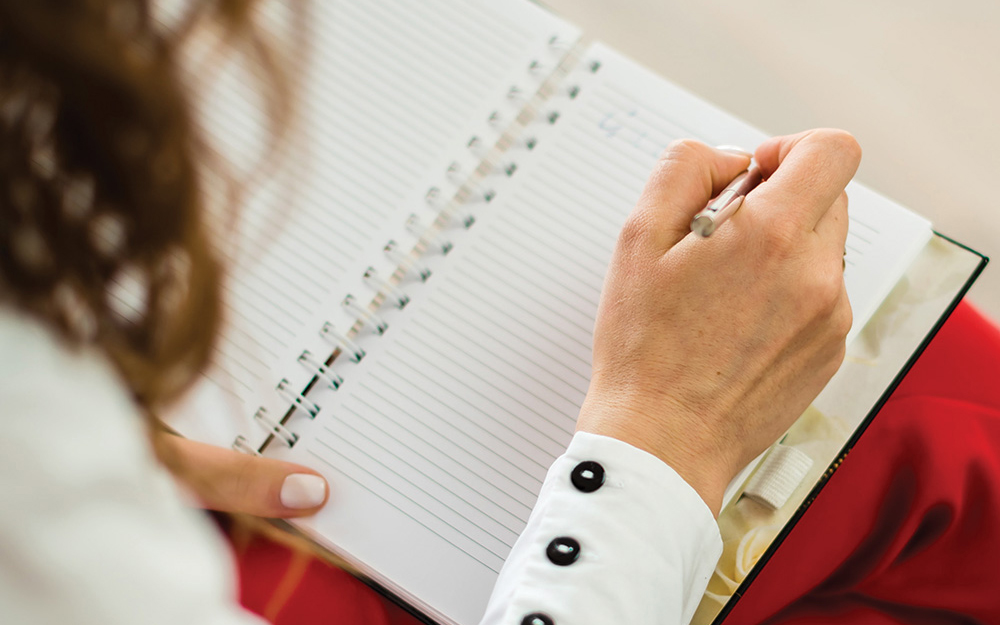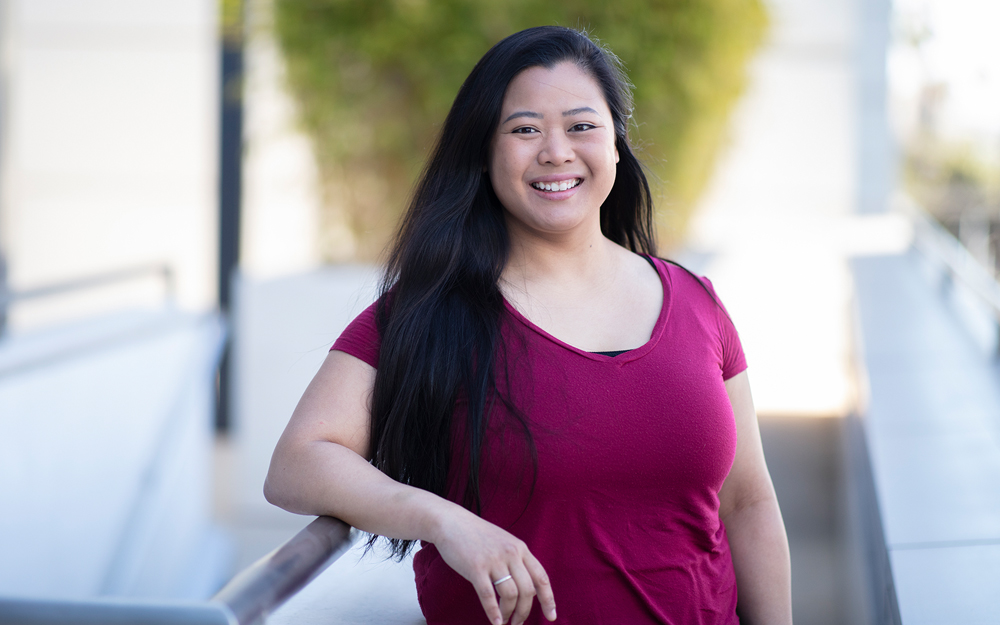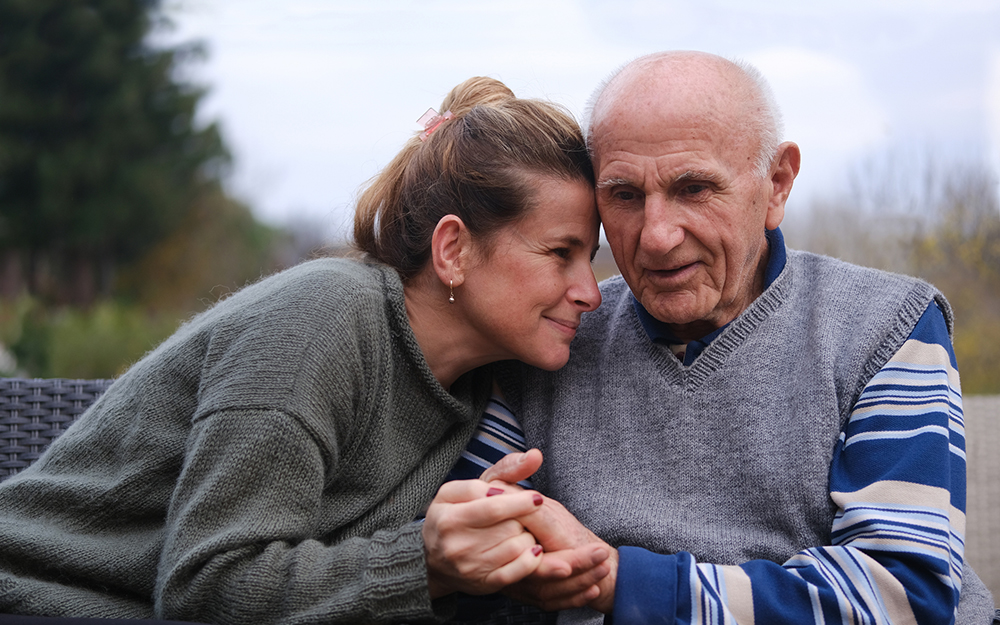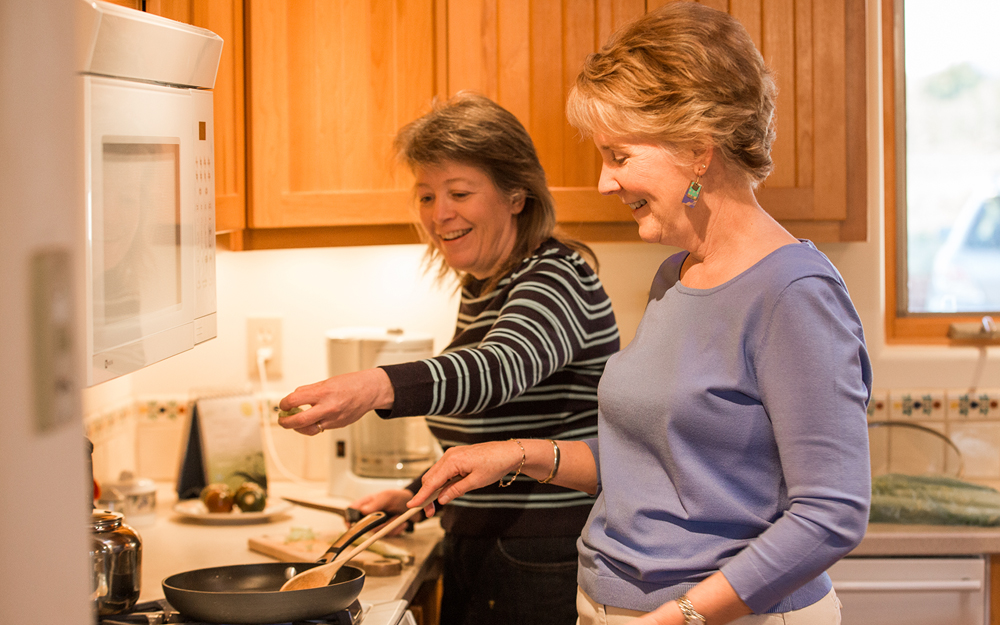ALS Patient Matt Ashley Shares Learnings From 'Heartbreaking' Disease
Date
May 9, 2022

Date
May 9, 2022
Credits
Medical providers featured in this article
In Brief
{{cta-block}}
Matt Ashley, 58, is an engineer at an Orange County aerospace firm, a Sunday school teacher and a former soccer referee. In March 2021, he was diagnosed with amyotrophic lateral sclerosis (ALS), a progressive neurodegenerative disorder.
Matt is a patient at Cedars-Sinai's ALS Clinic, where physicians and other clinicians help him and his family adjust to his symptoms. Here, he shares what he has learned from living with his condition.
"At the ALS Clinic, I couldn't ask for a better group of people to provide support."
How has your life changed after your diagnosis?
Matt Ashley: I'd been healthy as a horse all my life and very physically active. For the last 25 years, I refereed three upper-division youth soccer games a week, running up and down a 120-yard-long field with a bunch of teenage boys for 80-90 minutes each game.
Since I got hit with this ALS diagnosis, I've almost completely lost the use of my hands and arms. It started with achiness in my back, and I would get out of breath on jogs. Now, I mostly need a walker to get around. I use assisted-breathing equipment during the day sometimes, and I always sleep with it. But my mind is sharp, and ALS hasn't affected my voice or ability to chew or swallow yet.
My family has always liked hiking and backpacking. Knowing that physical activity would get difficult, we decided to take care of some of our bucket list items.
When I was more capable early in the progression of the disease and could still hike some of the easier trails, we went out to Bryce Canyon and Zion national parks for a week. In August, we took a weeklong railroad tour of Alaska. We went whale watching and saw bears, caribou, moose and bald eagles. We recently went to Sedona. I'm in a power wheelchair for now, but there were some paths where I could still get pretty far into the canyons.
How do you stay positive while living with ALS?
MA: My family, friends and coworkers have really rallied around helping me. My wife, who is a fifth grade teacher, just works her heart out helping me dress and going to appointments with me. She's been a pillar of strength.
My parents and brother in Ventura come down often and help with chores that I can't do anymore. My children are a tremendous help. It's a heartbreaking disease, but I'm so blessed to have this outpouring of love and support.
The people at work have been so accommodating of my physical limitations. I've been working there for 20 years as of this March, and it's a big part of my identity—it keeps me active and feeling productive. I've also been teaching Sunday school at my church for 25 years. Now that I'm in a wheelchair, I can't lead it like I did before, but I continue to help out and feel useful, valued, supported and loved.
At the clinic, I couldn't ask for a better group of people to provide support. I always feel like I'm getting their full attention and I'm their sole concern for the moment. The clinic got me into a clinical trial and is currently trying to get me into another trial—that gives me hope and a sense of being able to take some action. In addition, there's a potential benefit to the larger community.
What advice do you have for other patients with ALS?
MA: Two things: First, really engage with and hold on to those you love. The other is don't give up. Fight the good fight—recognize that it might be ultimately a losing fight, but do everything you can, within reason, for as long as you can.
Stay positive but realistic. At the end of the day, whenever it ends, I can say to myself that I did as much as I could, and I kept a loving attitude to the very end.





